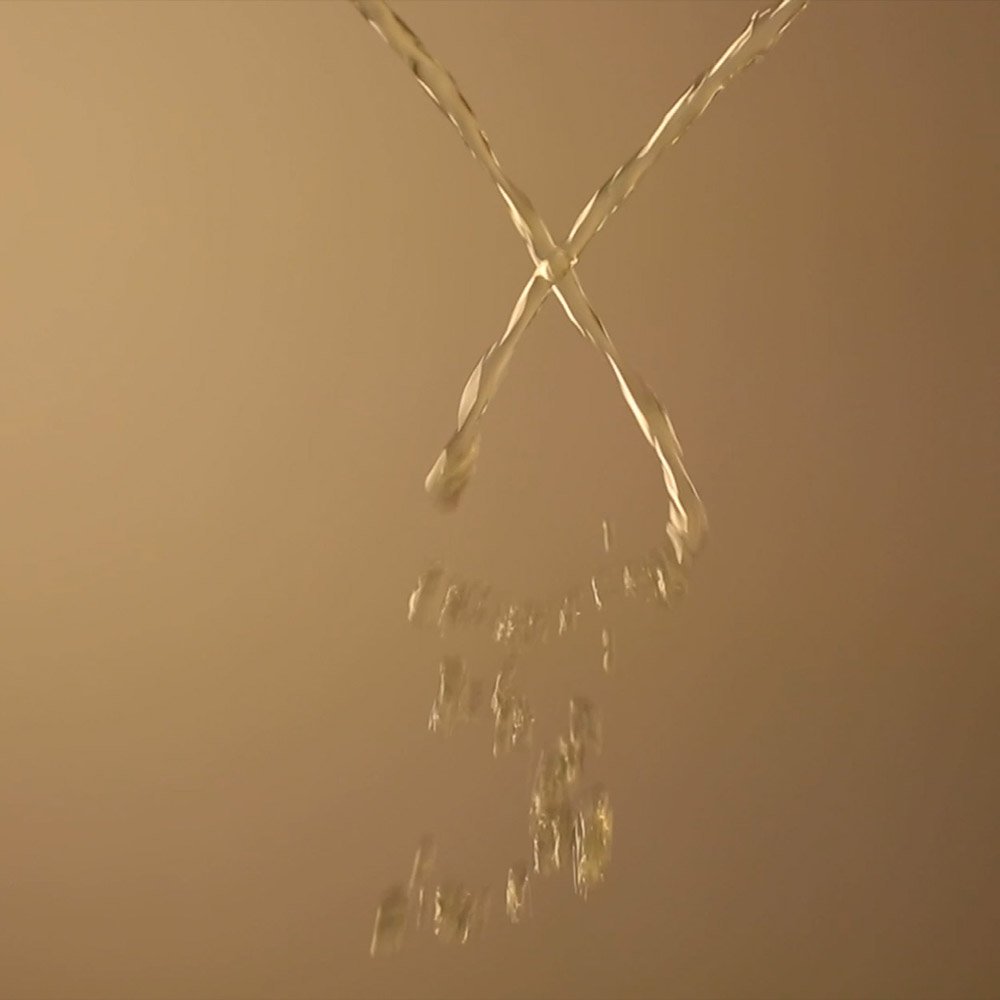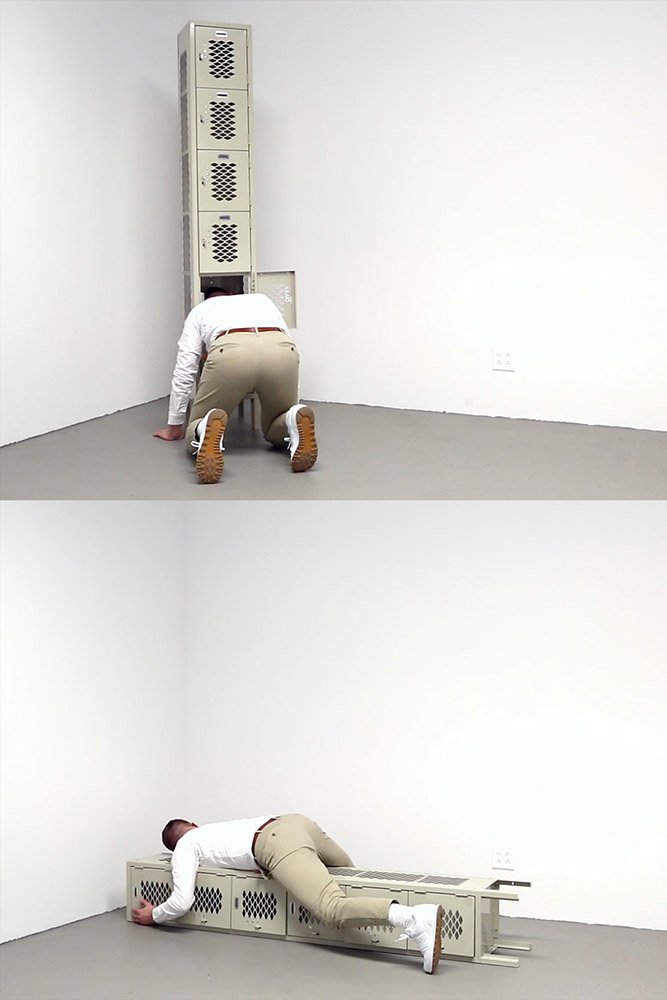Michael Stablein, Jr.
Bio: Michael Stablein, Jr. (b. 1986 / Houston)
Thesis Exhibition


Artist Statement: I grew up queer and closeted in the deep south of Houston, Texas. I ran around with young, straight, white boys to whom loyalty was paramount. Late at night, we hung around gas stations and asked older men to buy us beer, snuck into neigh- bor’s homes to drink booze from their liquor cabinet and replace it with water, skinny-dipped in stranger’s suburban pools, and found increasingly novel ways to hurt each other as a form of bond- ing—a more intimate understanding of our bodies and what they could do to other bodies. We dug ditches, built forts, and fed gluttonously on the advantages afforded by a white, middle-class norm of the early aughts in the American South. All through these adventurous days of youth, I grappled with an internal otherness whose marks—if discovered— would quickly dispatch a loyalty—a bond—built on a desire: a deep-seated, psychosocial crush that dare not speak its name. I speak of desire as a set of melancholic relations between boys of a certain age whose masculine formations are innocent and betray only need in its most nascent state. And yet, as we see all too often, these formations—these blameless games—mature into consequential structures within which real violence, both physical and psychological, can enjoy legitimate space.
Boys will not be boys, boys will be men.
“All attachments are optimistic. When we talk about an object of desire, we are really talking about a cluster of promises we want someone or something to make to us and make possible for us. This clus- ter of promises could seem embedded in a person, a thing, an institution, a text, a norm, a bunch of cells, smells, a good idea—whatever. To phrase ‘the object of desire’ as a cluster of promises is to allow us to encounter what’s incoherent or enigmatic in our attachments, not as confirmation of our irrationality but as an explanation of our sense of our endur- ance in the object, insofar as proximity to the object means proximity to the cluster of things that the object promises....”
—Lauren Berlant, Cruel Optimism
L to R: Fountain (Private performance, Video documentation, frame enlargement, 2016); Lack of support during particularly difficult times from people that matter to you (Private performance, Video documentation, frame enlargement, 2016)
